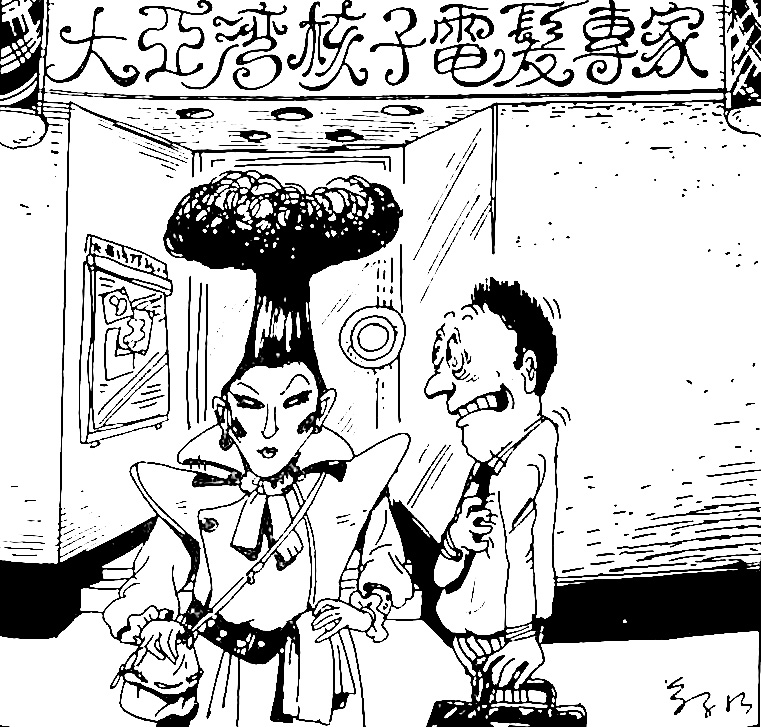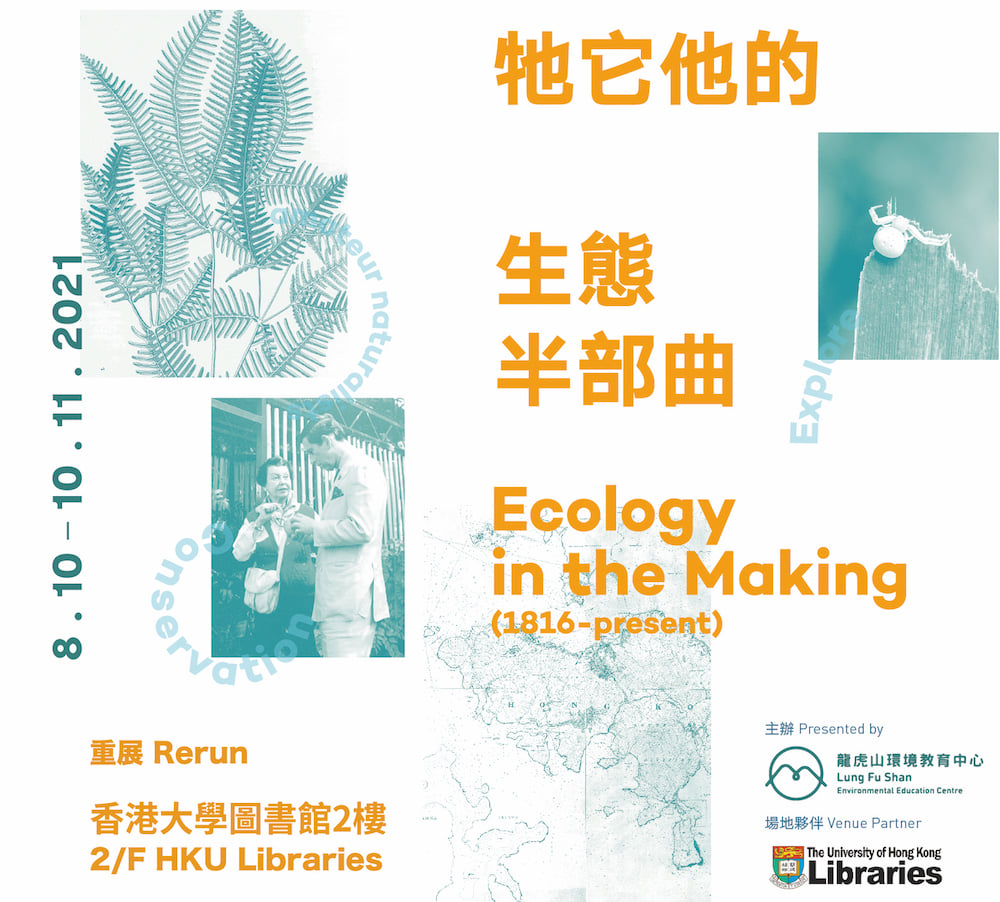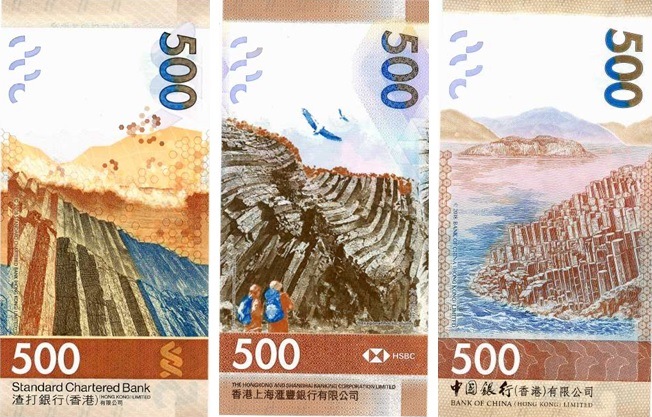Marcus Yee
PhD Student, History
Yale University
︎ About
︎ Words
︎ Contact
Research
︎ Histories of Urban Climate in South
and Southeast Asia
︎ Hong Kong Environmental History
PhD Student, History
Yale University
︎ About
︎ Words
︎ Contact
Research
︎ Histories of Urban Climate in South
and Southeast Asia
︎ Hong Kong Environmental History
Hong Kong Environmental History
![]()
This broad research orientation examines how Hong Kong’s ecology, elements, and environmental interventions have shaped and have been shaped by its winding past. I am interested in piecing together historical fragments, based on past research, about its naturalists, colonial botany, geology, time-keeping practices, land reclamation, airport infrastructures, anti-nuclear protests, air-conditioning, real estate, geography of petroleum, urban metabolism, plastics industry…
At the University of Hong Kong, I completed two final-year historical research projects: a project on the 1986 anti-Daya Bay Nuclear Power Plant protests, and a dissertation on air-conditioning and thermohistory in Hong Kong.
Relevant research
Ecology in the Making (1816 – present)
![]()
This exhibition, curated by Lung Fu Shan Environmental Education Centre, follows ‘amateur naturalists’ who have left indelible contributions to the study of Hong Kong ecology across more than two centuries, concluding with a section of 21 contemporary ‘amateurs’. This was presented at the Hong Kong Science Museum and University of Hong Kong Main Library in 2021.
Yee, Marcus. “Hong Kong in Deep Time: Depoliticizing Nature in Museums and the Geopark.” Society of Hong Kong Studies Annual Conference 2022.
![]()
Over a compressed timeframe of the past two decades, official retellings of Hong Kong’s 400 million years of geological history have undergone significant shifts. Building on work by scholars of the city’s environmental cultures, perceptions of Hong Kong’s deep time during the post-Handover period are likewise inextricable from its relations with Mainland China and broader anxieties over its local identity. This paper characterizes the Hong Kong Special Administrative Region (HKSAR) government’s writing of geohistory as a project to cultivate an apolitical Hong Kong identity, through an analysis of the Hong Kong Geopark, established in 2009, and the planned removal of a natural history section as part of the Hong Kong Museum of History’s 2020 renovation.

This broad research orientation examines how Hong Kong’s ecology, elements, and environmental interventions have shaped and have been shaped by its winding past. I am interested in piecing together historical fragments, based on past research, about its naturalists, colonial botany, geology, time-keeping practices, land reclamation, airport infrastructures, anti-nuclear protests, air-conditioning, real estate, geography of petroleum, urban metabolism, plastics industry…
At the University of Hong Kong, I completed two final-year historical research projects: a project on the 1986 anti-Daya Bay Nuclear Power Plant protests, and a dissertation on air-conditioning and thermohistory in Hong Kong.
Relevant research
Ecology in the Making (1816 – present)

This exhibition, curated by Lung Fu Shan Environmental Education Centre, follows ‘amateur naturalists’ who have left indelible contributions to the study of Hong Kong ecology across more than two centuries, concluding with a section of 21 contemporary ‘amateurs’. This was presented at the Hong Kong Science Museum and University of Hong Kong Main Library in 2021.
***
Yee, Marcus. “Hong Kong in Deep Time: Depoliticizing Nature in Museums and the Geopark.” Society of Hong Kong Studies Annual Conference 2022.

Over a compressed timeframe of the past two decades, official retellings of Hong Kong’s 400 million years of geological history have undergone significant shifts. Building on work by scholars of the city’s environmental cultures, perceptions of Hong Kong’s deep time during the post-Handover period are likewise inextricable from its relations with Mainland China and broader anxieties over its local identity. This paper characterizes the Hong Kong Special Administrative Region (HKSAR) government’s writing of geohistory as a project to cultivate an apolitical Hong Kong identity, through an analysis of the Hong Kong Geopark, established in 2009, and the planned removal of a natural history section as part of the Hong Kong Museum of History’s 2020 renovation.